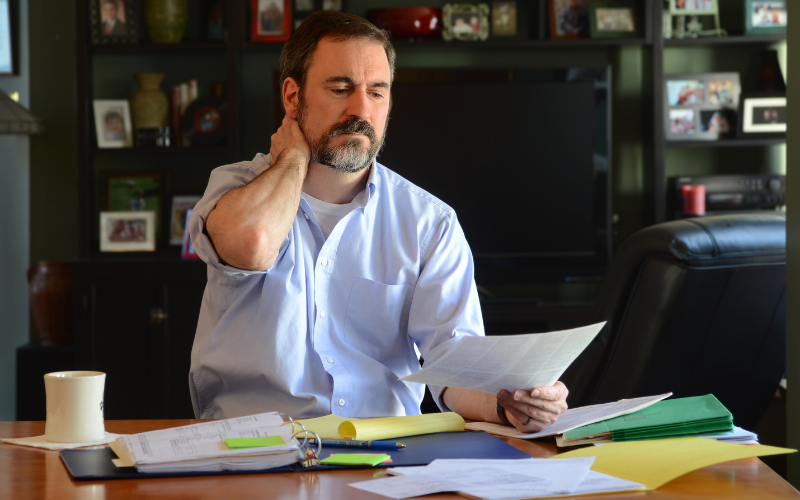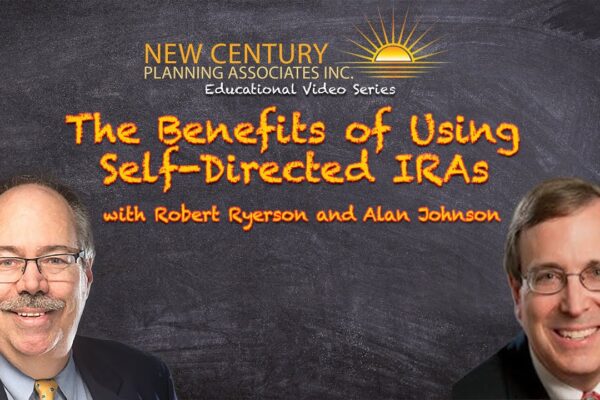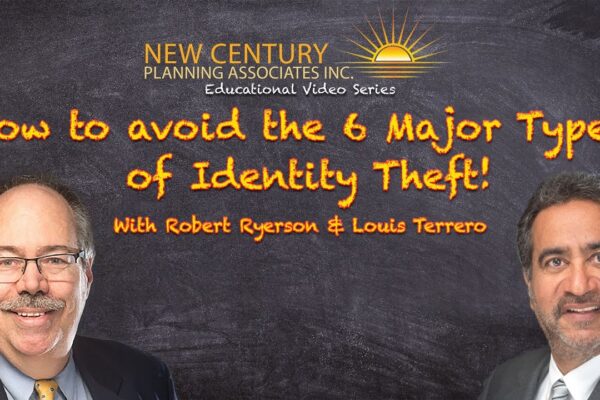How Your Taxes Will Change in 2023-A Plain English Look at the Secure Act 2
 Some Surprising Good News
Some Surprising Good News
On December 29, 2022, The SECURE ACT 2 become law and changed many items that can affect retirees, pre-retirees, and all American’s financial picture in fact. There is a lot of good news with these changes, and some of them are a little surprising to us, given the country’s terrible financial condition. For example, one of the more notable changes is in the area of Required Minimum Distributions (RMDs) from IRAs and other tax-deferred retirement accounts. Before 1/1/20, everyone had to begin taking minimum distributions from all of their tax-deferred retirement accounts in the year they reached age 70 ½. The SECURE ACT 1 changed that to age 72, and now, the SECURE ACT 2 has moved that out to age 73. Starting in 2033, the RMD age is moved out further to age 75. Given the country’s nearly $32 trillion in debt, and record annual deficits, we would think that the government would NOT want to delay the time frame to start collecting taxes on all of those long-deferred retirement account dollars.
 But We’ve Lost the Stretch IRA!
But We’ve Lost the Stretch IRA!
Perhaps there is a method to that madness, however, as the other big ( very big!) change in the RMD/IRA account arena is that people who inherit IRAs or other tax-deferred retirement accounts ( such as 401ks, 403bs, 457 plans, SIMPLEs, SEPs, etc.) now must empty it out within ten years. Previously, if you left your IRA money to a child, or grandchild, or niece, or nephew, those beneficiaries could spread their required minimum distributions out over their entire lives, thereby enjoying a tax deferral on the vast bulk of that money for many, many years. This was referred to as a “Stretch IRA”, and it was a very attractive way to maintain potentially large pools of tax-sheltered wealth. Now, other than a spouse, a minor child, a disabled person, or a beneficiary who is not more than 10 years younger than the IRA account owner, all people who inherit funds in these tax-deferred retirement accounts will have to take all the money out, and pay taxes on every dollar. If the person inheriting that money is doing well financially themselves and earning a large annual income, the addition of this new inherited money each year for 10 years may put them in a higher tax bracket, and force them to give away a lot of that money to the taxing authorities.
Other Notable Changes To Be Aware Of
- The penalty that was previously applied for failing to take the correct amount of an RMD in a given year was a stiff 50%. That penalty has been reduced to 25% and can be reduced further, to 10%, if the account owner withdraws the amount previously not taken, and submits a corrected tax return in a timely manner.
- Starting in 2024, there will be no RMDs applied to money in ROTH employer retirement plans.
- Starting in 2024, employers can offer ROTH 401K matches, instead of just matches in the tractional side of the plan.
- Starting in 2024, IRA catch-up contributions will be indexed to inflation.
- Starting in 2024, the new contribution limit for QLACS ( Qualified Longevity Annuity Contracts) has been increased to $200,000, from $145,000.
- Starting in 2024, the new contribution limit for 401ks and 403bs, and 457 plans, for people over 50, is $30,000, up from $27,500.
There are other improvements and positive changes in the act, but suffice it to say, the new rules build on the prior act, and encourage more savings and opportunities which can help Americans’ readiness for retirement.
Author
Robert Ryerson
Although Robert M. Ryerson completed all the necessary requirements to earn bachelor of arts degrees in both English and economics at Rutgers University, college policy at the time prohibited the issuance of dual degrees. As a result, he graduated from Rutgers with a single bachelor of arts in economics before finding employment as a stockbroker with Shearson Lehman American Express in New York City 1984. Robert M. Ryerson has since established himself as a respected estate administrator and legacy planner. In addition to his economics degree from Rutgers, Mr. Ryerson holds several professional designations including Retirement Income Certified Professional (RICP)®; Certified In Long Term Care (CLTC)®; Certified Financial Fiduciary (CFF)®, and Certified Identity Theft Risk Magenament Specialist (CITRMS)®. He has shared his knowledge on the subject of identity theft as the author of the book What’s The Deal With Identity Theft?: A Plain-English Look at Our Fastest Growing Crime. He has also covered identity theft issues directly for students as the instructor of the adult education course Understanding Identity Theft: Our Fastest Growing Crime.






